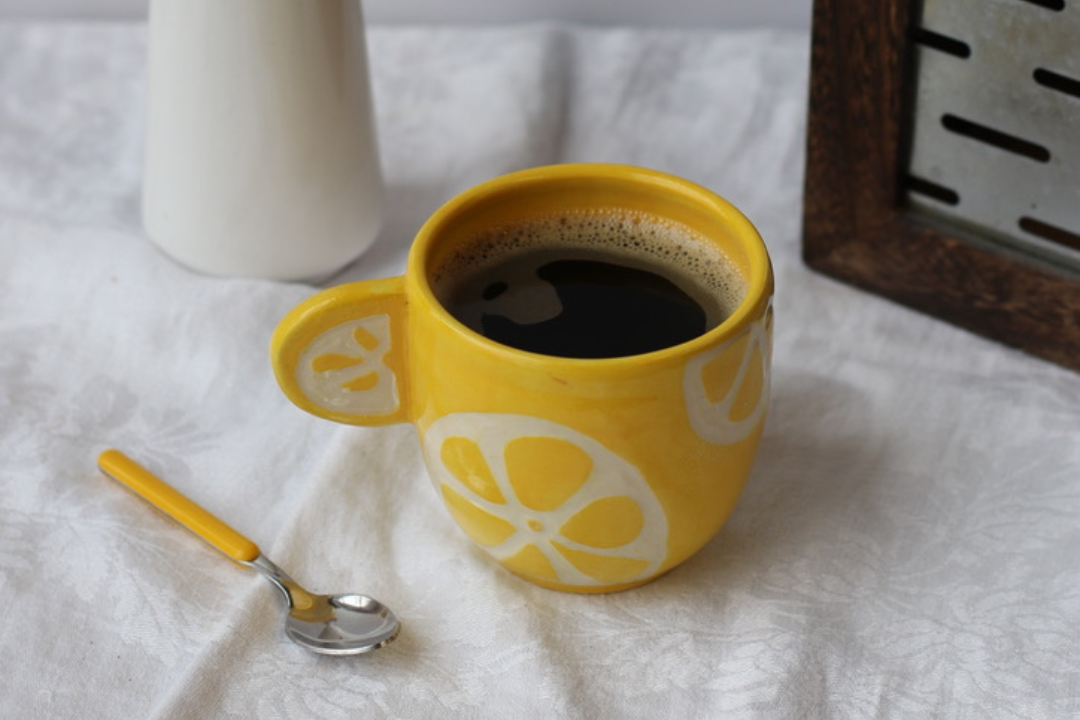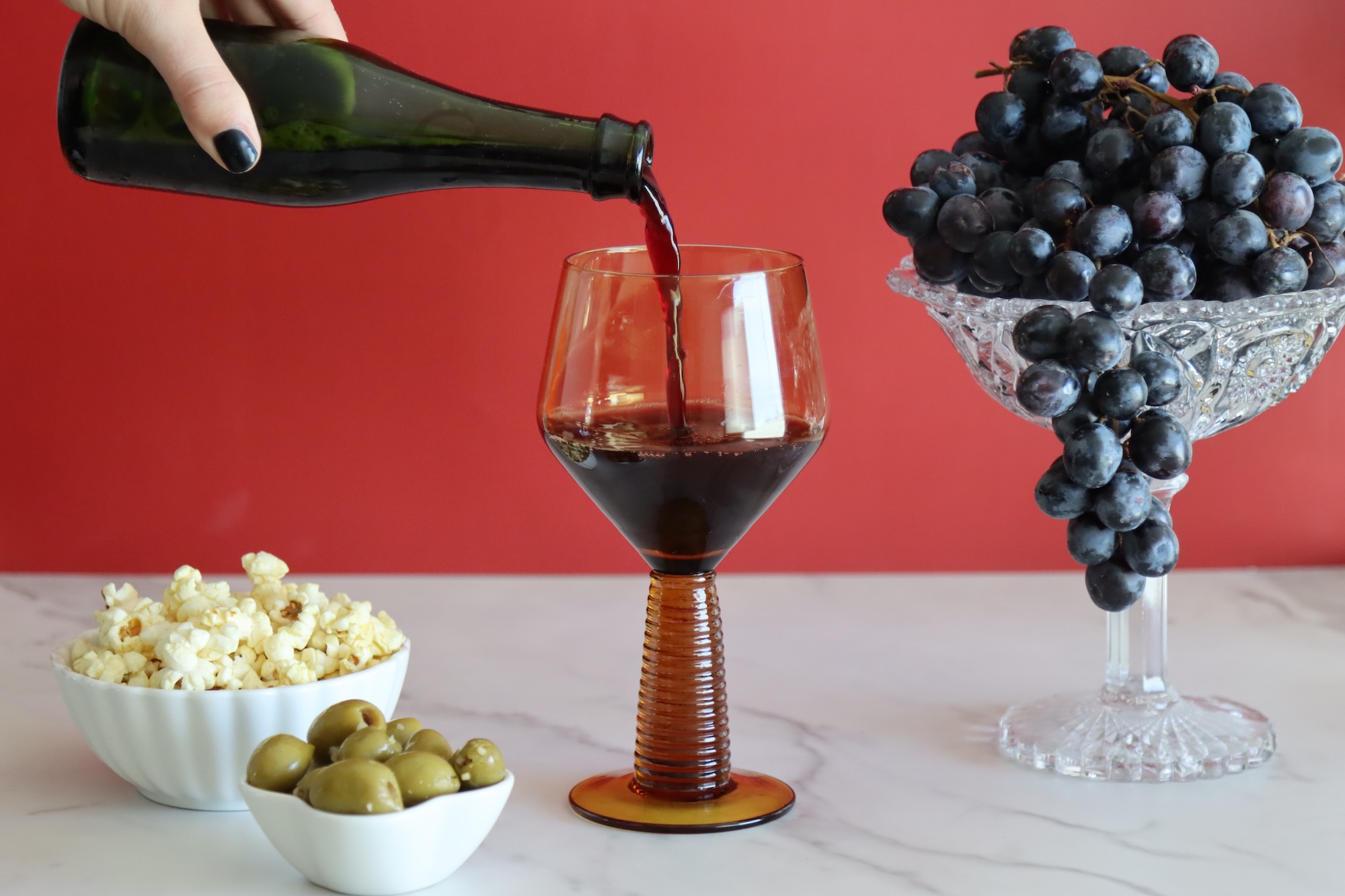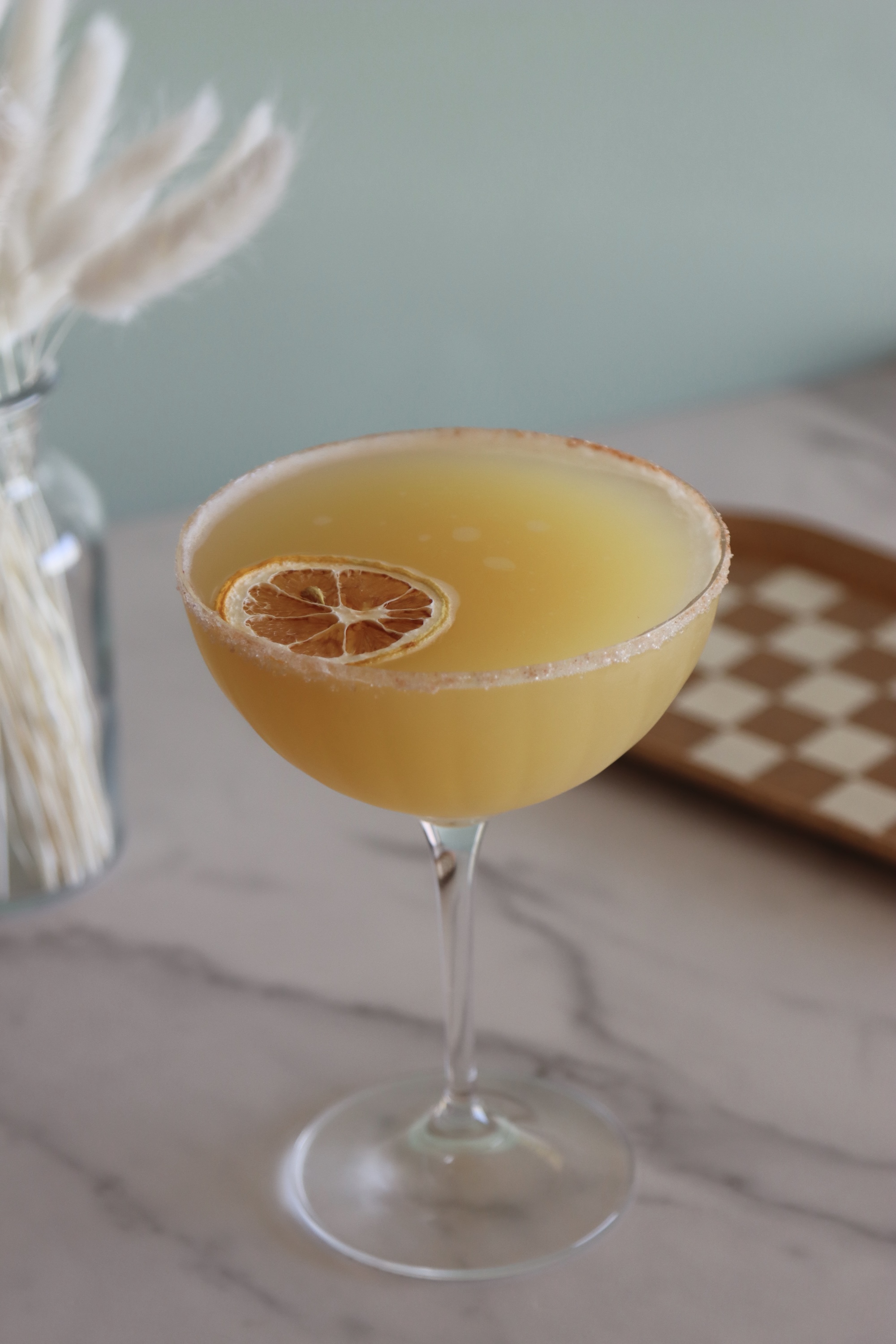Vibrant workshops for a thriving team.
Unique Team Building Experiences
Ditch the ordinary and elevate your corporate events with our interactive mixology, culinary and wellness workshops. Led by a certified nutrition expert, these sessions blend food, connection, and health in a way your team will love.
Flexible Booking Options
Choose between virtual sessions with shipped ingredient kits, class-only experience or in-person workshops in the San Francisco Bay Area. Either way, we’ll craft an experience that fits your team’s vibe.
Let's connect































.svg)














